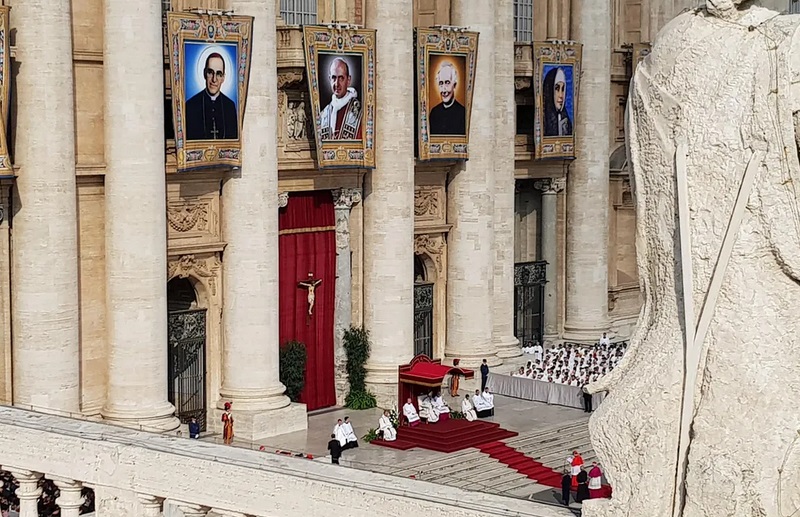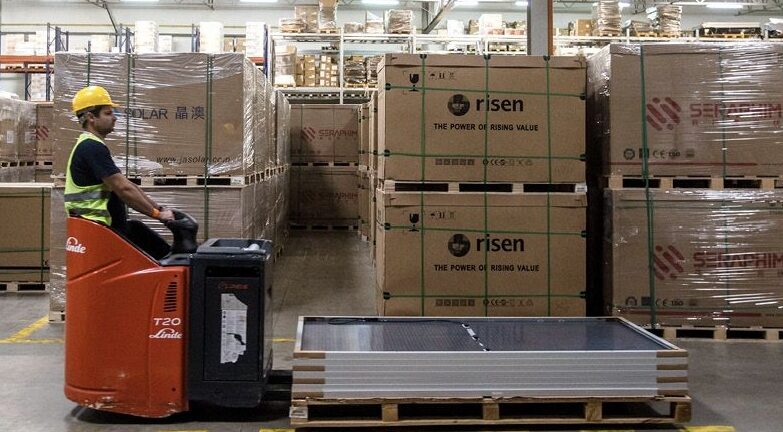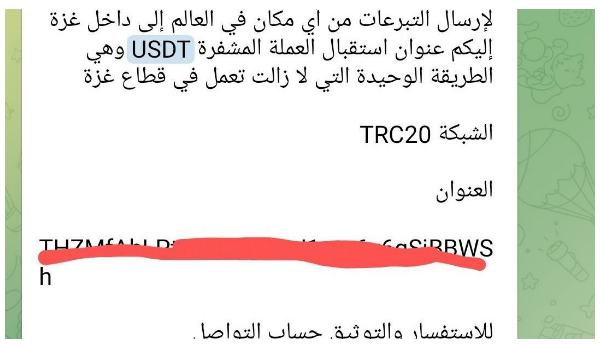The primary expense is the cost of the investigation to compile the postulant’s dossier. This involves studying the theological and moral virtues of the future blessed, which requires historical research and gathering testimonies.
Jul 12, 2024

Canonization Mass of several new saints, including St. Paul VI and St. Oscar Romero in St. Peter’s Square on October 2018. (Photo by Junno Arocho Esteves)
By Lucile Coppalle with Alix Champion
In May 2023, the French bishops voted in favour of the beatification of Cardinal Henri de Lubac, a significant 20th-century Jesuit theologian who deeply influenced the Second Vatican Council and contemporary Church thought. A year later, Rome also gave its approval. After a committee was appointed by Bishop Éric de Moulins-Beaufort, president of the International Association of Lubac, and Archbishop Olivier de Germay of Lyon, the diocese officially opened his beatification process. Their mission? Establish a crowdfunding campaign by the end of 2024 to finance this process. The procedure, from initial research to submitting the file to the Roman office for review, is expensive.
Financing the research
The primary expense is the cost of the investigation to compile the postulant’s dossier. This involves studying the theological and moral virtues of the future blessed, which requires historical research and gathering testimonies. The amount — and thus the cost — of this documentation work depends on the individual’s works, longevity, or any controversies they may have sparked during their lifetime.
“Typically, the dossier is supported by a diocese or a congregation, which appoints a cleric or at least someone already employed by the diocese, to dedicate themselves to the research,” explained Emmanuel Tourpe, a philosophy professor in Strasbourg and coordinator of the crowdfunding campaign for Lubac’s cause. In this beatification case, the situation is “very particular,” he explained. “The best expert on Cardinal de Lubac is a layperson.” Although the dossier is officially backed by the Diocese of Lyon, the task of compiling it was entrusted to Marie-Gabrielle Lemaire, a theology researcher at the University of Namur in Belgium.
Since she is not paid by the Diocese of Lyon, she and the committee need funding to pay “the equivalent of a part-time researcher for three years,” Tourpe said. However, the committee had to scale back its ambitions. Currently, the crowdfunding campaign aims to raise €38,000 (RM192,163.19). “Enough to cover six months of research in 2025, during which we will try to progress as much as possible,” Lemaire noted.
Filing fees
Once the candidate’s dossier is assembled and the diocesan phase is completed, the dossier is then handed over to a postulator in Rome. “The postulator is akin to a lawyer,” explained Augustin Mohrer, an economics professor and author of La Fabrique des saints (The Making of Saints). “Being well-versed in Vatican procedures, the postulator will refine, enhance, and advocate for the dossier, which will be reviewed by a college of theologians in Rome, then by the Dicastery for the Causes of Saints.”
At this point, two new budget items emerge: the postulator’s fees, “equivalent to those of a lawyer, about €2,000 (RM10025.06) per day,” Mohrer estimated, adding that the postulator’s workload would typically span about fifteen days. Then, there are the filing fees requested by the College of Theologians and the Dicastery for the Causes of Saints, amounting to “about €45,000 (RM226,517.79),” according to the economist. “But this amount can quickly increase depending on the dossier, which can range from 100 to 15,000 pages, and the necessary verification time.”
Invisible costs and tough competition
The most expensive aspect, Mohrer revealed, “are the invisible costs, aimed at pushing the candidate’s cause up the pile.” According to the economist, competition is fierce: around 2,500 beatification dossiers are pending in Rome, and processing a candidacy takes between 12–15 years. Over this period, one must consistently advocate for their postulant. Do some people give money directly to the Causes of Saints? Mohrer dismisses this notion. Practically, these invisible costs involve frequent trips to Rome and potential additional fees for the postulator.
“The wealthier a diocese, the more influential it will be in advocating its cause,” the researcher explained.
Consequently, there are significantly more European than African or Asian-beatified individuals. This is somewhat contradictory, as Rome aims to have more saints from distant lands, particularly South America, since the Pope is Argentine. In 2014, Pope Francis implemented a tariff grid for postulators’ fees to achieve fairer treatment of dossiers. “But again,” the economist emphasised, “it is the invisible costs that are the most expensive and very difficult, if not impossible, to control.” —LCI (https://international.la-croix.com/)


